Why Learn Common Korean Phrases in Kdramas?

Learning Korean through common Korean phrases in Kdrama is one of the best ways to enhance your Korean language skills while enjoying your favorite shows, with many benefits, such as:
- Pick Up Everyday Korean Phrases – Kdramas expose you to commonly used words and expressions in real-life conversations, helping you develop a natural sense of the language.
- Boost Your Listening and Speaking Skills – By hearing phrases in context, you improve pronunciation, intonation, and comprehension, making it easier to use them in real conversations.
- Deepen Your Cultural Understanding – Language and culture go hand in hand. Mastering common Korean words in Kdramas gives you insights into Korean customs, relationships, and social dynamics.
Must-Know Common Korean Phrases in Kdramas
Gurulango will show you some of the Kdramas common phrases that you’ll often hear characters use in various situations, making them essential for any fan.
Common Kdrama phrases for Greetings
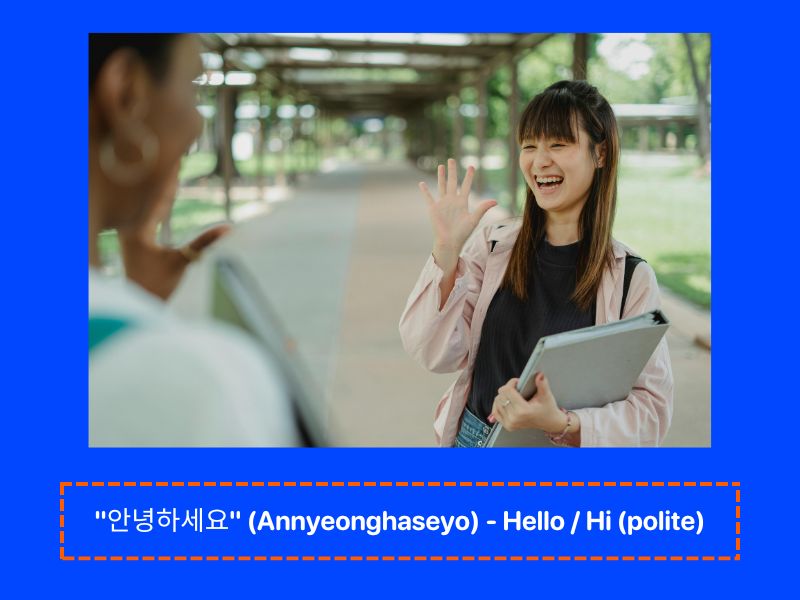
Korean people are respectful to each other and always use greetings. Here are some examples of common Kdrama words used as greetings:
- “안녕하세요” (Annyeonghaseyo) – Hello / Hi (polite)
- “안녕” (Annyeong) – Hi / Bye (informal)
- “오랜만이에요” (Oraenman-ieyo) – Long time no see
- “잘 지내세요?” (Jal jinaeseyo?) – How have you been?
- “만나서 반가워요” (Mannaseo bangawoyo) – Nice to meet you
Common Kdrama phrases for Expressing Emotions
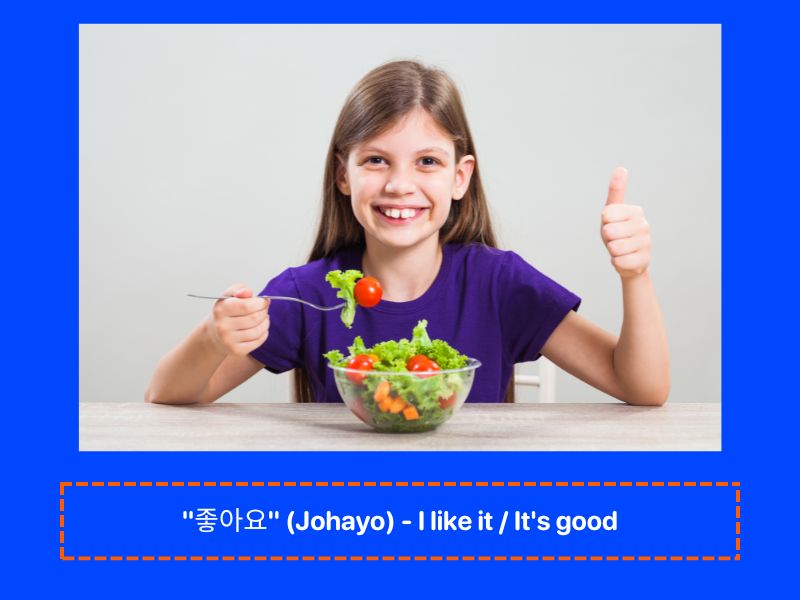
Kdrama characters frequently express emotions through simple yet impactful phrases. Here are some popular Korean words in Kdrama to express emotions:
- “좋아요” (Johayo) – I like it / It’s good
- “싫어요” (Sireoyo) – I don’t like it
- “신나요” (Sinnayo) – I’m excited
- “슬퍼요” (Seulpeoyo) – I’m sad
- “피곤해요” (Pigonhaeyo) – I’m tired
Common Kdrama phrases to Ask for Clarification

If you don’t understand something in Korean, these Kdrama phrases will help:
- “뭐라고요?” (Mworagoyo?) – What did you say?
- “다시 한번 말해주세요” (Dasi hanbeon malhaejuseyo) – Please say it again
- “이해가 안 돼요” (Ihaega an dwaeyo) – I don’t understand
- “무슨 뜻이에요?” (Museun tteus-ieyo?) – What does it mean?
- “조금 더 천천히 말해 주세요” (Jogeum deo cheoncheonhi malhae juseyo) – Please speak a little slower
Everyday Common Korean Phrases in Kdrama
When watching Kdramas, you’ll hear many Kdrama phrases frequently used by characters in their daily lives.
Common Kdrama phrases for Talking about Food
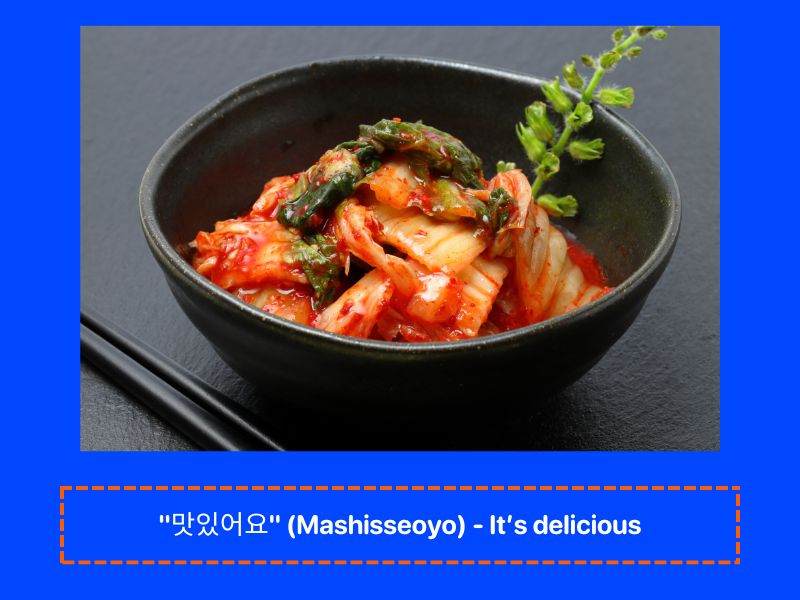
Food is a big part of Korean culture and Kdramas. Here are some Korean words in Kdrama related to eating:
- “맛있어요” (Mashisseoyo) – It’s delicious
- “배고파요” (Baegopayo) – I’m hungry
- “배불러요” (Baebulleoyo) – I’m full
- “맛없어요” (Maseopseoyo) – It’s not tasty
- “이거 뭐에요?” (Igeo mwoeyo?) – What’s this?
Common Kdrama Words for Expressing Surprise or Excitement

Kdrama characters often react dramatically to situations. These common Kdrama phrases will help you understand their emotions:
- “와!” (Wa!) – Wow!
- “대박!” (Daebak!) – Amazing! / Incredible!
- “진짜?” (Jinjja?) – Really?
- “대단해요!” (Daedanheyo!) – That’s awesome!
- “헐!” (Heol!) – No way! (expression of disbelief)
Common Kdrama phrases for Giving Compliments

Want to compliment someone like a Kdrama character? Use these Kdrama common phrases:
- “예쁘다” (Yeppeuda) – You’re pretty
- “멋있다” (Meositta) – You’re cool / handsome
- “잘생겼어요” (Jalsaenggyeosseoyo) – You’re good-looking
- “아름다워요” (Areumdawoyo) – You’re beautiful
- “매력적이에요” (Maeryeokjeog-ieyo) – You’re charming
Romantic Phrases and Slang in Kdramas
Learn these Kdrama phrases in to express love, affection, and slang terms that characters frequently use in romantic situations.
Common Kdrama Phrases for expressing Love and Affection

Learning romantic expressions and slang will help you understand these moments better. Here are some of the most frequent Korean words to express love and affection in Kdrama:
- “사랑해” (Saranghae) – I love you
- “좋아해” (Joahae) – I like you
- “사랑한다고 말해요” (Salanghandago malhaeyo) – Say that you love me
- “당신을 사랑해요” (Dangshineul salanghaeyo) – I love you (polite form)
- “나랑 결혼해줄래?” (Narang gyeolhonhaejullae?) – Will you marry me?
Kdrama Phrases used as Cute and Affectionate Terms

In romantic Kdramas, couples often use affectionate nicknames. Here are some you might hear:
- “자기야” (Jagiya) – Honey / Darling (informal)
- “여보” (Yeobo) – Darling (used by married couples)
- “어떻게 이래?” (Eotteoke irae?) – How could you be like this? (cute, sometimes sarcastic)
- “귀여워” (Gwiyeowo) – You’re cute
- “내 사랑” (Nae salang) – My love
Slang Used by Young People
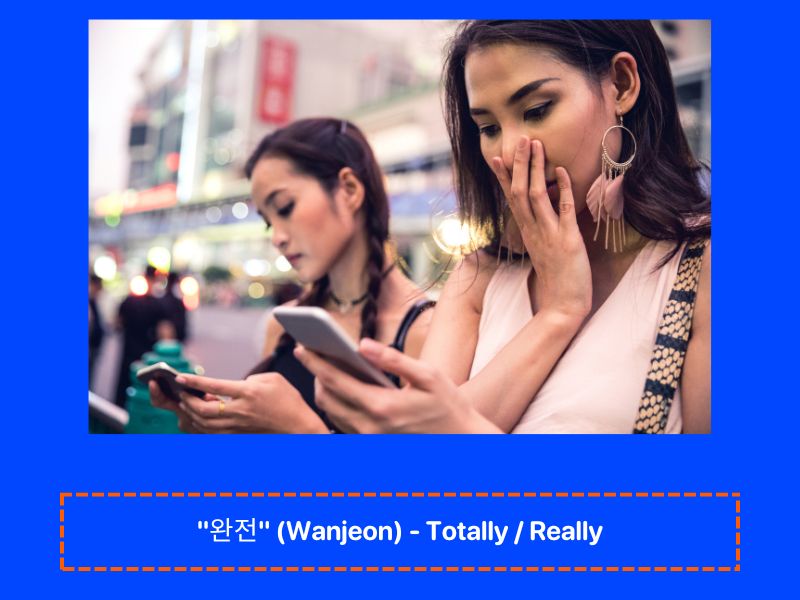
Modern Kdramas often include trendy slang expressions. Here are some commonly used ones:
- “대박” (Daebak) – Awesome / Incredible
- “짱” (Jjang) – The best
- “헐” (Heol) – Expression of shock or disbelief
- “완전” (Wanjeon) – Totally / Really
- “그냥” (Geunyang) – Just (casual way to say “just because”)
Common Korean Phrases for Different Situations in Kdramas
Mastering common Korean phrases in Kdrama for different situations will help you understand the context in which these phrases are used in real-life interactions.
Common Kdrama Phrases at School
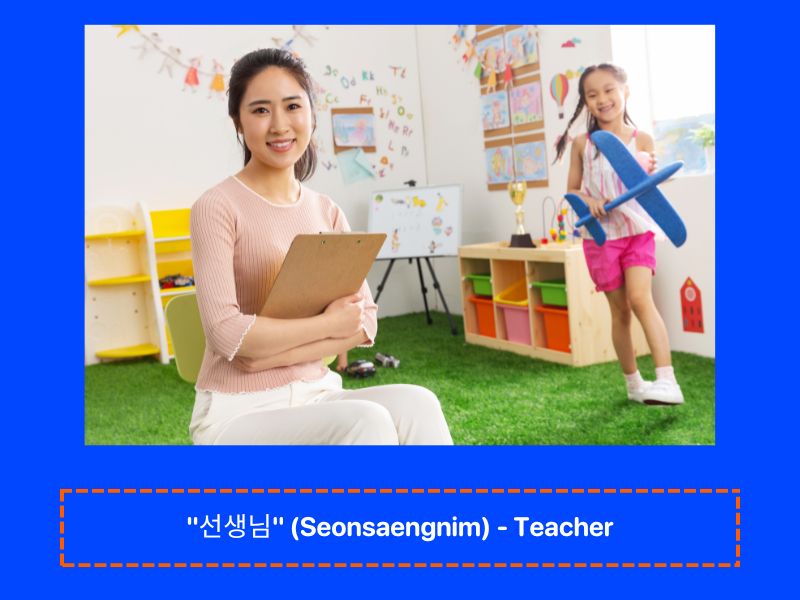
Many Kdramas revolve around school life. These words will help you understand school-related scenes:
- “선생님” (Seonsaengnim) – Teacher
- “친구” (Chingu) – Friend
- “학원” (Hagwon) – Private school / Academy
- “시험” (Siheom) – Exam
- “학교” (Hakgyo) – School
Common Kdrama Phrases at Work

Workplace dramas are popular in Korea. Knowing these terms can help you understand professional conversations:
- “회사” (Hoesa) – Company
- “일” (Il) – Work / Job
- “상사” (Sangsa) – Boss
- “회의” (Hoeui) – Meeting
- “직원” (Jigwon) – Employee
Common Kdrama Phrases at Home
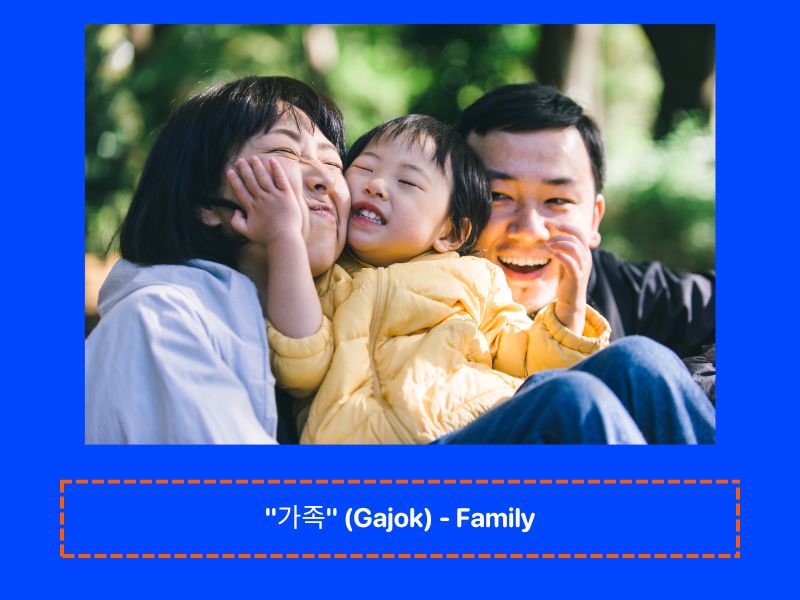
- “집” (Jip) – Home
- “가족” (Gajok) – Family
- “엄마” (Eomma) – Mom
- “아빠” (Appa) – Dad
- “형” (Hyung) – Older brother (used by males)
Wrap up
Mastering common Korean phrases in Kdrama is an enjoyable way to enhance your understanding of the language and culture. So, next time you watch your favorite Kdrama, listen closely to frequently used phrases and try incorporating them into your own conversations.
For even better results, combine your drama-based learning with GuruLango—your go-to platform for interactive Korean lessons. With regular practice, you’ll improve your Korean speaking while deepening your connection to the vibrant world of Kdramas. Start learning with GuruLango today!